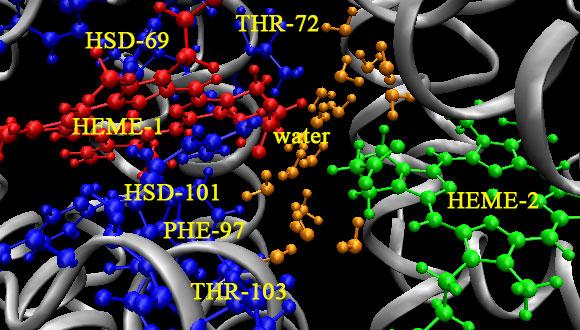Special Physical Chemistry Seminar: Quantum-chemical calculations for ultracold physics experiments
Prof. Michal Tomza, University of Warsaw, Poland
Abstract:
Cold and ultracold systems attract researchers’ attention because the world’s quantum nature clearly manifests under such conditions, and research into such systems provides new insight into the quantum theory of matter and matter-light interaction. Ultracold atoms and molecules offer numerous exciting research prospects ranging from quantum-controlled chemical reactions and quantum simulations to precision spectroscopic measurements probing the fundamental laws of nature. I will present how ab initio electronic structure and multichannel scattering calculations can propose, guide, and explain ultracold quantum physics experiments. I will discuss the capabilities and limits of present methods applied to systems based on alkali-metal and alkaline-earth-metal atoms. I will start with our theoretical prediction of the scattering length for spin-polarized Na+Li collisions that was achieved for the first time for many-electron atoms without any adjustment to experimental data. It was possible by including high-level-correlation, relativistic, QED, and adiabatic corrections for the 14-electron NaLi molecule in the lowest triplet electronic state, resulting in the prediction of the rovibrational spectrum and dissociation energy with the uncertainty below 0.5cm-1 (0.2%). I will conclude with our results related to hybrid systems of laser-cooled trapped ions and ultracold atoms combined in a single experimental setup. In collaboration with experimental groups in Amsterdam and in Freiburg, we reached and explained the quantum regime of ion-atom collisions and their quantum control with an external magnetic field, all for the first time.
Seminar Organizers: Prof. Haim Diamant


